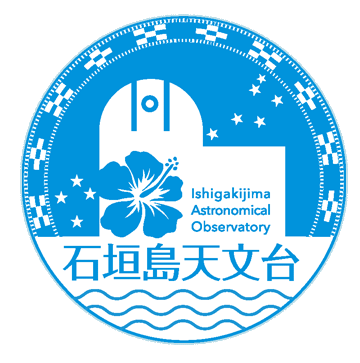Meeting code of conduct and anti-harassment statement
We ask that all attendees follow these guidelines:
Behave professionally. Harassment and sexist, racist, or exclusionary comments or jokes are not appropriate. Harassment includes sustained disruption of talks or other events, inappropriate physical contact, sexual attention or innuendo, deliberate intimidation, stalking, and photography or recording of an individual without consent.
It also includes offensive comments related to race, gender, sexual orientation, disability, physical appearance, body size or religion.
All communication should be appropriate for a professional audience including people of many different backgrounds. Sexual or sexist language and imagery is not appropriate.
Be considerate and respectful to others. Do not insult or put down other attendees. Critique ideas rather than individuals.
EAYAM2017 is dedicated to providing a harassment-free experience for everyone. We do not tolerate harassment of participants in any form, or any kind of discrimination or retaliation for reporting breaches of this code. This code of conduct applies to all EAYAM2017 spaces, including both online and off. Anyone who violates this code of conduct may be sanctioned or expelled from these spaces at the discretion of the organizers.
Participants are responsible for knowing and abiding by this code of conduct. Harassment includes:
Offensive comments related to gender, gender identity and expression, sexual orientation, disability, mental illness, neuro(a)typicality, physical appearance, body size, age, race, or religion.
Unwelcome comments regarding a person's lifestyle choices and practices, including those related to food, health, parenting, drugs, and employment.
Deliberate misgendering or use of 'dead' or rejected names.
Gratuitous or off-topic sexual images or behaviour in spaces where they're not appropriate.
Physical contact and simulated physical contact (eg, textual descriptions like "*hug*" or "*backrub*") without consent or after a request to stop.
Threats of violence.
Incitement of violence towards any individual, including encouraging a person to commit suicide or to engage in self-harm.
Deliberate intimidation.
Stalking or following.
Harassing photography or recording, including logging online activity for harassment purposes.
Sustained disruption of discussion.
Unwelcome sexual attention.
Pattern of inappropriate social contact, such as requesting/assuming inappropriate levels of intimacy with others.
Continued one-on-one communication after requests to cease.
Deliberate "outing" of any aspect of a person's identity without their consent except as necessary to protect vulnerable people from intentional abuse.
Publication of non-harassing private communication.
Continued harassment, threats or other aggressive actions in retaliation against someone who reports harassment.
Reporting
If you are being harassed by an attendee of EAYAM2017, notice that someone else is being harassed, or have any other concerns, please contact one of the liaisons Tien-Hao Hsieh ( ), Shih-Ping Lai (
), Shih-Ping Lai ( ) and Peter Scicluna (
) and Peter Scicluna ( ), or any of the organisers in person or via email at
), or any of the organisers in person or via email at  . We will respond as promptly as we can. Retaliation for reporting harassment will not be tolerated and will result in additional sanctions.
. We will respond as promptly as we can. Retaliation for reporting harassment will not be tolerated and will result in additional sanctions.
Consequences
Participants asked to stop any harassing behaviour are expected to comply immediately. If a participant engages in harassing behaviour, the organisers may take any action they deem appropriate, up to and including expulsion from all EAYAM2017 spaces, and if necessary contact relevant local authorities.
*This policy is based on one used at IAUS329*






